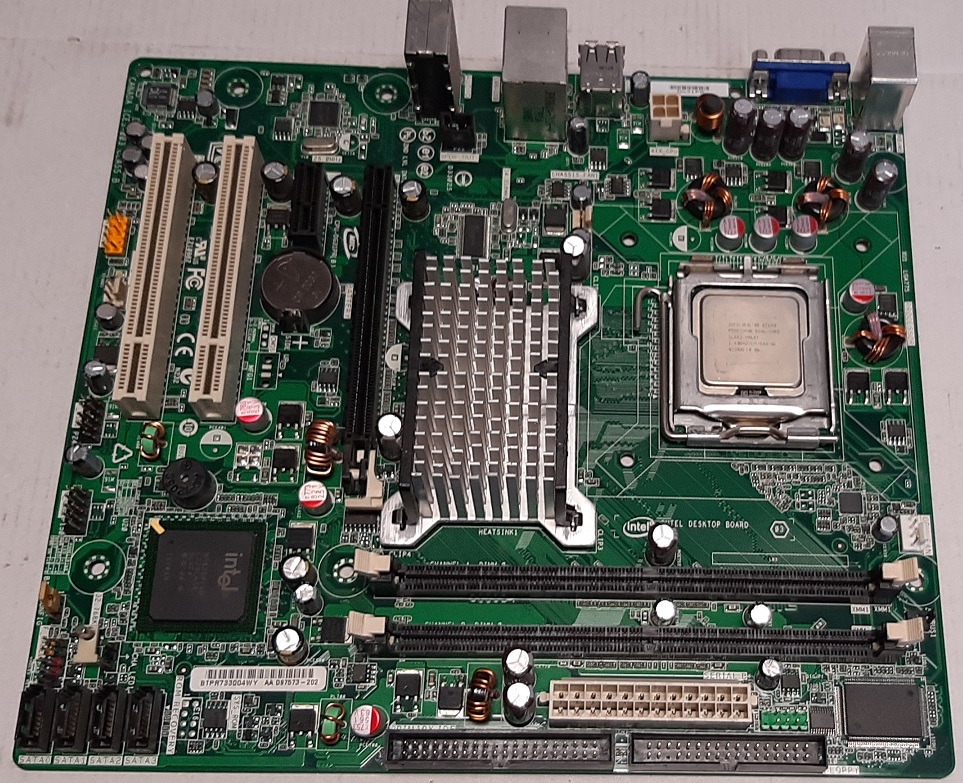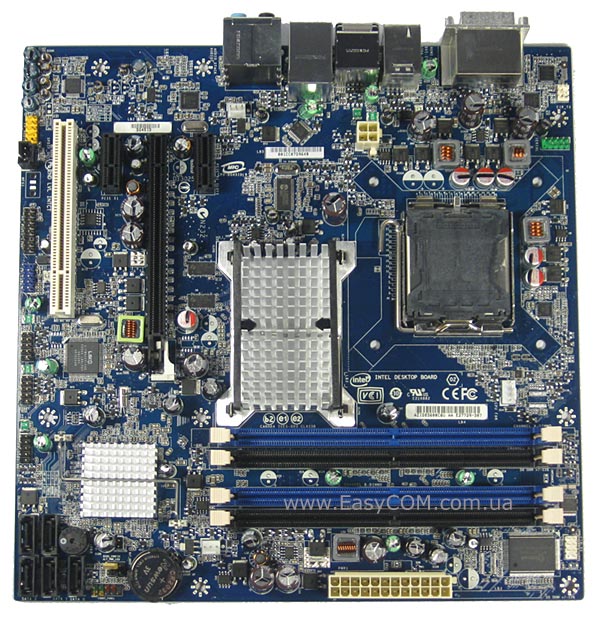
In the near term, this is probably good for the remaining Taiwanese motherboard manufacturers. Couple that reality with low board margins and exiting the desktop motherboard business all of the sudden doesn't sound like a bad idea for Intel. The focus going forward will be on highly integrated designs, even for the desktop (think all-in-ones, thin mini-ITX, NUC, etc.). While we'll continue to see socketed CPUs beyond that, the cadence will be slower than what we're used to. Late last year word spread of Intel's plans for making Broadwell (14nm Core microprocessor in 2014) BGA-only. There's also the obvious motivation: the desktop PC business isn't exactly booming. Intel's constant integration of components onto the CPU and the resulting consolidation in the motherboard industry has helped ensure that board quality went up. While there was a need for Intel to build motherboards and reference designs 15 years ago, today what comes out of Taiwan is really quite good. The desktop motherboard business lasted so long as a way to ensure that Intel CPUs had a good, stable home (you can't sell CPUs if motherboard quality is questionable). Intel doesn't usually keep drains on margins around for too long (look how quickly Intel exited the de-emphasized its consumer SSD business). Motherboards aren't good high margin products, which makes the fact that Intel kept its desktop board business around this long very impressive. The desktop motherboards division doesn't exactly fit within that category. The overwhelming majority of Intel's business is in the former group. Intel has two options to keep Wall Street happy: ship tons of product with huge margins and/or generate additional profit (at forgiveably lower margins) that's not directly tied to the PC industry. It's not too tough to understand why Intel would want to wind down its desktop motherboard business.

This is good news as it means that you shouldn't see a reduction in quality of what's out there. The reference board group will continue to operate and supply reference designs to Intel partners.


The group within Intel responsible for building reference designs that are used internally for testing as well as end up as the base for many 3rd party motherboards will not be impacted by this decision either. This won't be a transfer of talent to work on smartphone FFRDs at this time however.

As of late Intel has grown quite fond of its FFRD programs, allowing it a small taste of vertical integration (and the benefits that go along with it) without completely alienating its partners. Intel will also continue to produce its own form factor reference designs (FFRDs) for Ultrabooks and tablets, which will be where many of these employees will end up as well. Intel will continue to produce barebones motherboards for its NUC and future versions of the platform. Intel's recently announced NUC will have a roadmap going forward, and some of the desktop board folks will move over there. Most of the folks who worked in Intel's surprisingly small desktop motherboard division will move on to other groups within Intel that can use their talents. All Intel boards, including upcoming Haswell motherboards, will carry a full warranty and will be supported by Intel during that period. Intel will stop developing desktop motherboards once the Haswell launch is completed. Intel will continue to supply desktop chipsets for use by 3rd party motherboard manufacturers like ASUS, ASRock and Gigabyte, but after 2013 it will no longer produce and sell its own desktop mITX/mATX/ATX designs in the channel. We will see Haswell motherboards from the group, but that will be the last official hurrah. Today Intel made a sobering, but not entirely unexpected announcement: over the next 3 years Intel will be ramping down its own desktop motherboard business.


 0 kommentar(er)
0 kommentar(er)
